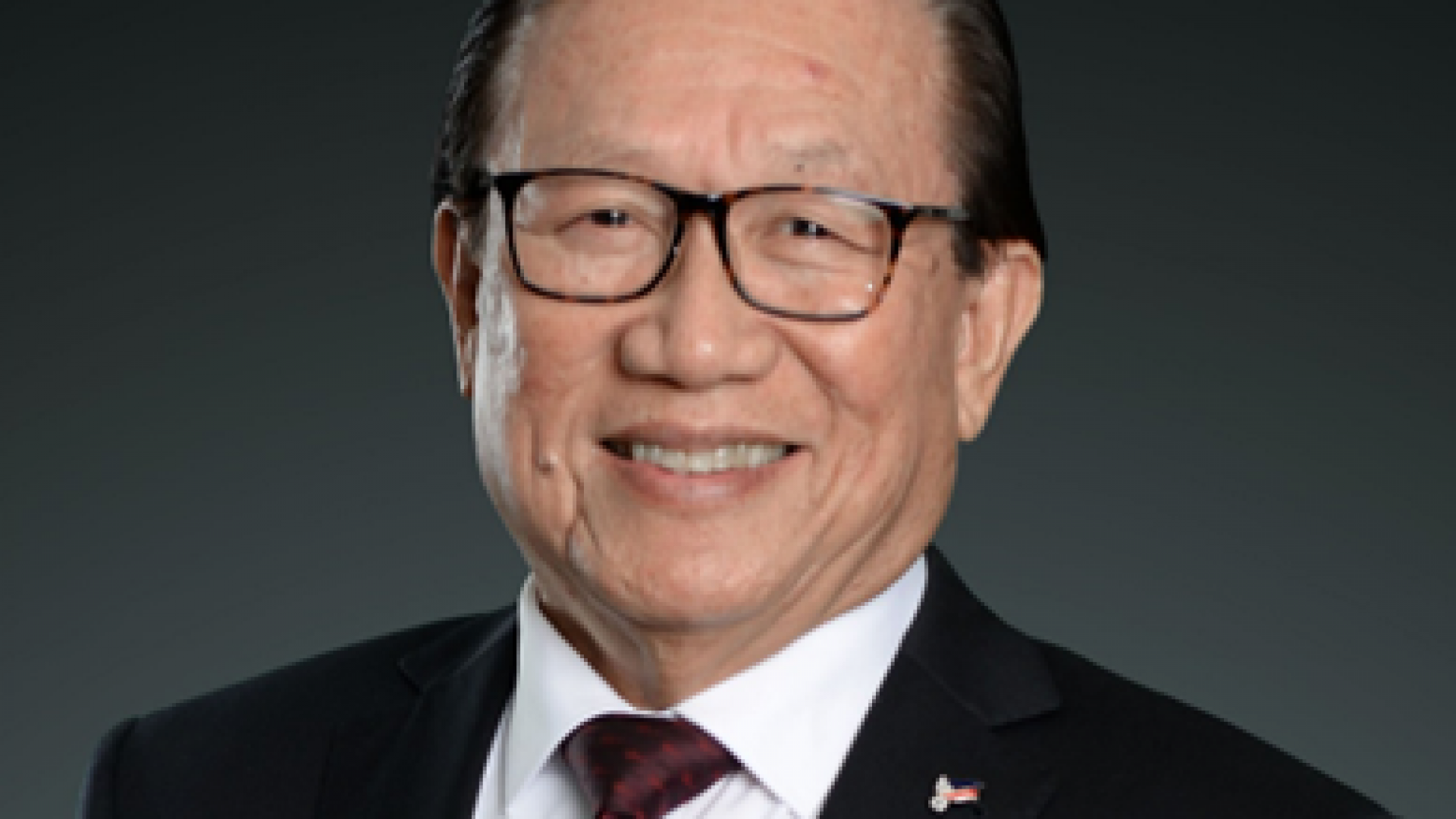The Philippine Chamber of Commerce and Industry (PCCI) is calling on the Senate to urgently ratify the Philippines’ membership in the Regional Comprehensive Partnership Agreement, which took effect on 1st January this year.
PCCI President George T. Barcelon, in a meeting with Trade Secretary Ramon Lopez, expressed PCCI’s support to the RCEP, which he describes would provide the opportunity for greater market access for Philippine exports and growth for the economy.
“The business community hopes that the Senate will immediately concur the ratification of RCEP. We definitely don’t want to be left behind in this area. This is something that we need to take advantage of to help in our much needed economic growth and recovery,” Barcelon said.
He added that the country’s nonratification or delay in participation is tantamount to lost opportunity for our exporters and would “cause disruption” to economic growth momentum.
The RCEP covers several areas of cooperation and aims to liberalize trade by eliminating 90 percent of tariffs within the participating economies, while the others will be gradually reduced within a 20 year period. Based on World Bank’s data, the agreement is expected to benefit 2.3B people or 30 percent of the world’s population, contribute USD25.8 trillion or 30 percent of the global gross domestic product, and account for USD12.7 trillion global trade in goods and services and 31 percent of global foreign direct investment inflows.
“We certainly want to take advantage of these opportunities and not miss any of them, so hope that our legislators will hear our calls and ratify RCEP,” Barcelona added.
Barcelon also shared that PCCI and DTI had been partners in organizing the doing business forums and consultations on RCEP.
The RCEP, which is considered the world’s largest FTA, has been signed in November 2020 after years of negotiation by ASEAN, Australia, China, Japan, South Korea and New Zealand.




